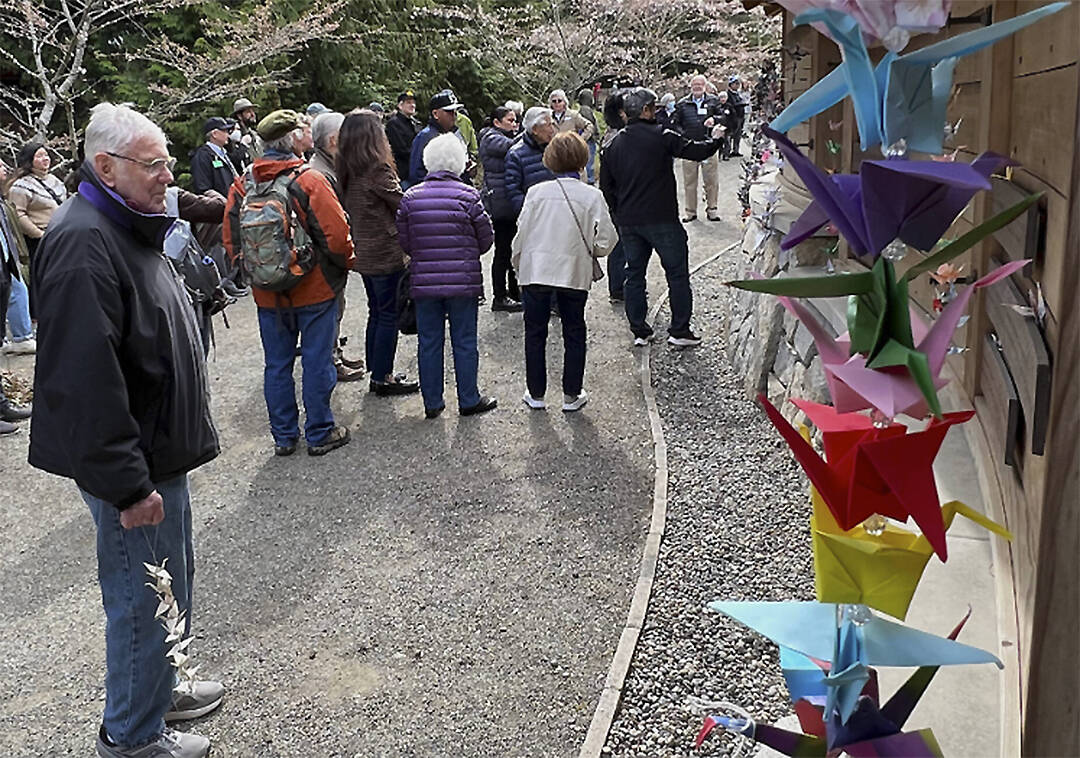Thanks to the efforts of local historians, anthropologists, activists, ambassadors and average folks who lived here, Bainbridge Island is home to many cultural spaces and stories.
On Sept. 14, BI will get a chance to showcase its commitment to preserving history.
The seventh biennial gathering of the Asian and Pacific Islander Americans (APIA) in Historic Preservation organization will be visiting BI for the first time. About 150 people from all over the United States, many of whom are involved in historic preservation or are in advocacy and outreach for the Asian and Pacific Island American community, are slated to attend over the three days.
Organization members discuss the challenges facing their field, new ways of reaching the public, better preservation strategies and learning about local history. For BI’s APIA community, it’s a chance to demonstrate how a grassroots effort can capture a crucial moment in history, and an opportunity to highlight a part of history that is little-known outside of the West, said Ellen Sato Faust, director of the BI Japanese American Exclusion Memorial.
“Folks have been working on [the memorial] for twenty years here on Bainbridge, and it’s become quite a success,” Faust said. “I thought it would be a great inspiration, and just some information sharing, on how we’ve approached it and what it took to accomplish. It’s as much exposure to that history as the process by which you do a big historic preservation project like this.”
The forum will spend the better part of its visit to BI in the Pocock Rowing Center, listening to four experts speak about the Japanese incarceration. In the afternoon, the forum will take a tour of the memorial, then stop by the Filipino American Hall to hear from Gina Corpuz, local Indipino advocate, and witness the heart of a modern APIA community space in the Northwest.
“I’ve taken hundreds of people on these tours, and my first question is always, ‘How many people are familiar with this story?’” Faust said. It’s fewer than one would think, she added — the incarceration isn’t a regular part of school curriculums in the Midwest or East Coast.
“The lesson is, ‘Let it not happen again,’ but it’s not specific to this part of history; it’s, ‘OK, I get it, this happened, government overreach, human and constitutional rights were mishandled.’ People can apply it to their daily lives …We just hope that they take this one lesson and can apply it in their lives to prevent stuff like this from happening again.”



